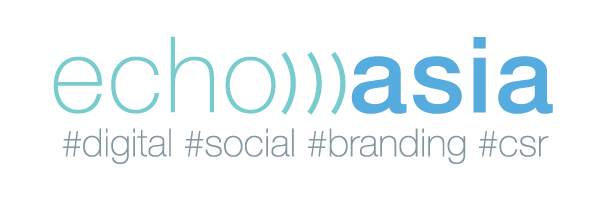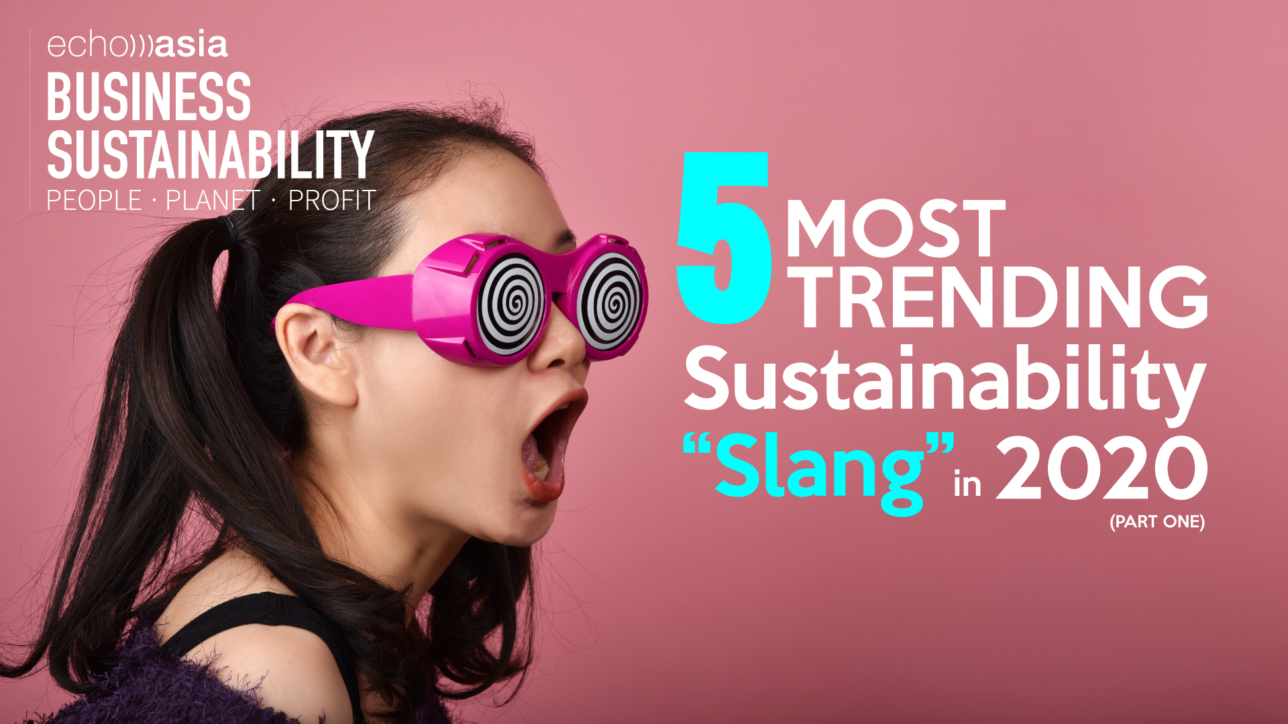Written By RACHAEL WONG, Edited by SAMSON TONG #BusinessSustainabilitySeries
#2020slangs #Sustainability #SustainableGuru
1. Farm to Table(Trending ★★★★☆)
It refers to the local harvest being transported directly to the dining table for consumption. Basil leaves and the lettuce, for instance, that grows among local farms are delivered to the restaurants nearby for salad – which helps to build a more sustainable food supply system.
Hong Kong is a hectic city packed with high population and skyscrapers, yet, there are still some places for us to experience urban farming. For instances, Nature Discovery Park in Tsim Sha Tsui opens up a rooftop farming garden engaging community to grow fresh food like aloe and carrots.
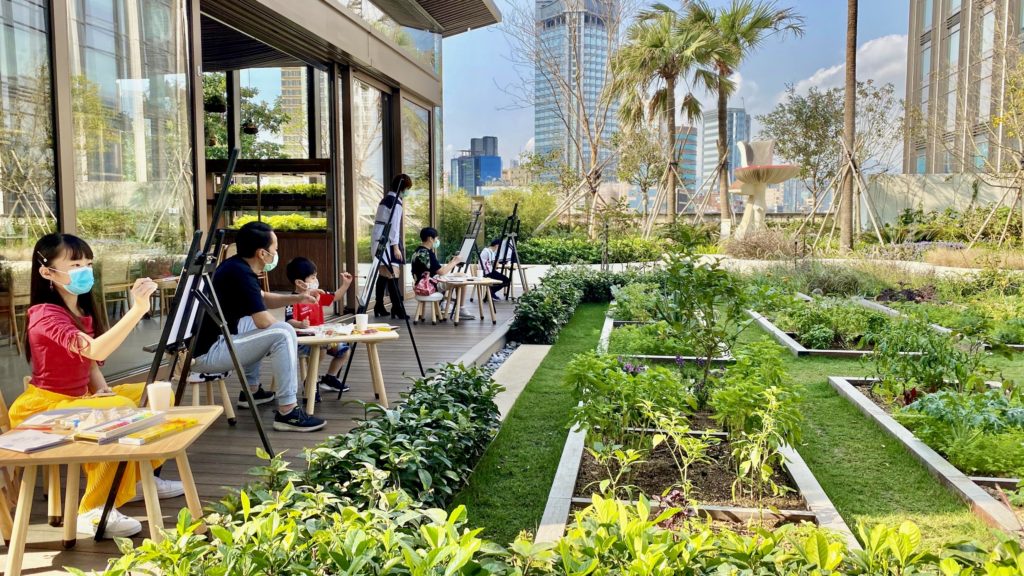
Meanwhile, Rooftop Republic, a local social enterprise, cooperates with various local restaurants to their rooftop farm whom aims to reduce carbon footprint in our city.
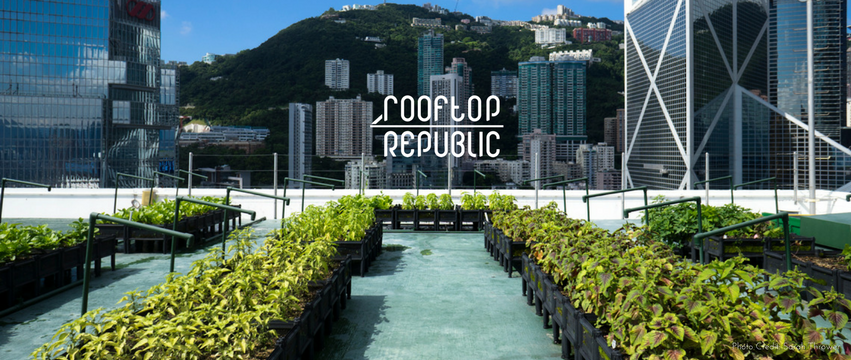
2. Food Miles(Trending ★★★☆☆)
It is the miles created when the food was transported from the time of production to consumption. The miles reach higher when the distance is longer.
Frozen food products that we usually buy from the supermarkets are imported from foreign countries, for example, sea fish from Norway, pork and beef from Brazil. A total of 277 thousands tonnes of food are imported to Hong Kong every day and 140 vehicles are employed for transportation, which leads to an emission of 2,000 mg of nitrogen oxide everyday.
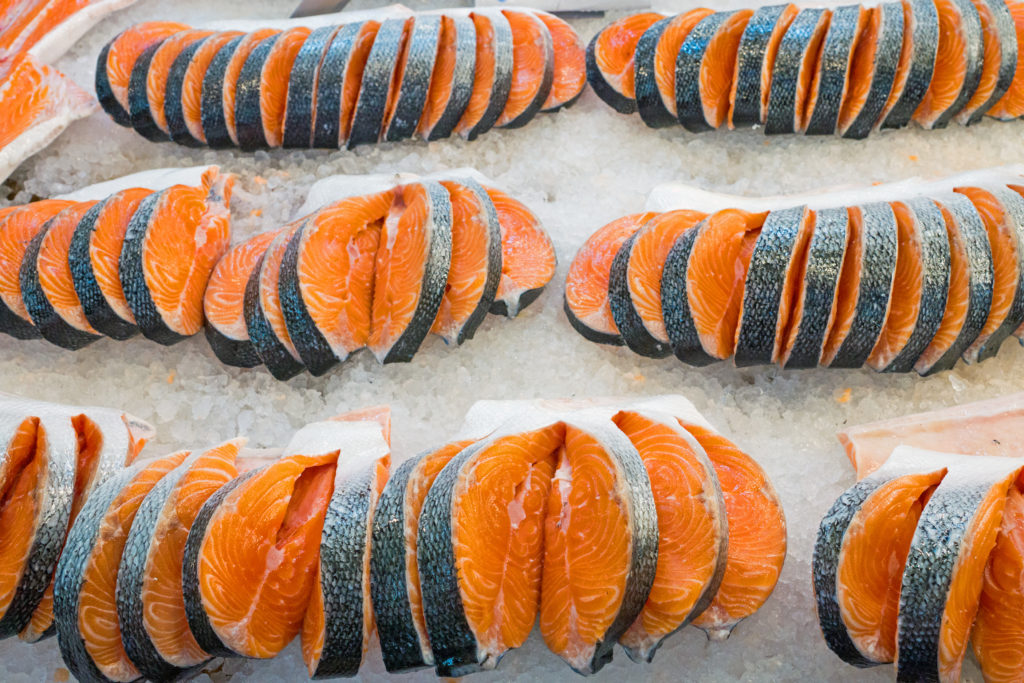
3. Carbon Negative(Trending ★★★★☆)
Not only does it mean reducing the emission of carbon dioxide to a negative value, achieving Carbon Negative refers to the greenhouse gases absorbed by an individual or a company is much more than that it is created.
According to the Council for Sustainable Development, carbon dioxide is the gas that is most frequently released by human activities, usually from the use of electricity and transportation by vehicles, steamships and aviation.

One of the biggest unicorns, Microsoft, is always the role model in business sustainability, they have committed to use sustainable energy for all operations by 2025 and achieve carbon negative before 2030.
4. Slow Fashion(Trending ★★★☆☆)
Instead of chasing the fashion trends, slow fashion utilizes enduring styles for reforming shopaholic behaviour and fast fashion.

A non-governmental organisation in Holland, Collaction, has launched the Slow Fashion Season 2020 to transform the fashion industry by engaging people to make conscious fashion choices. The “season” introduces non-fast fashion brands, slow fashion trading, DIY-ing clothes, second-hand fashion items and most importantly they support local shops that suffer from the pandemic.
DID YOU KNOW
Green Ladies actively advocates second-hand women fashion by recycling clothes that are trendy, with good condition and quality. The sellers can get 30% of the selling price at most as a return.
5. Recycled paper pulp(Trending ★★★☆☆)
Compared to the normal wood-pulp, recycled paper pulp is a better choice for creating tissues. Original wood-pulp is generated from natural wood for paper production while the recycled pulp is from paper waste at offices and cartons for beverages.
Mil Mill is the first pulp mill centre in Hong Kong that recycles beverage cartons and converts them into paper pulp. Paper waste and cartons will be collected and transferred to the collective paper mill in Vietnam for recycled paper production.
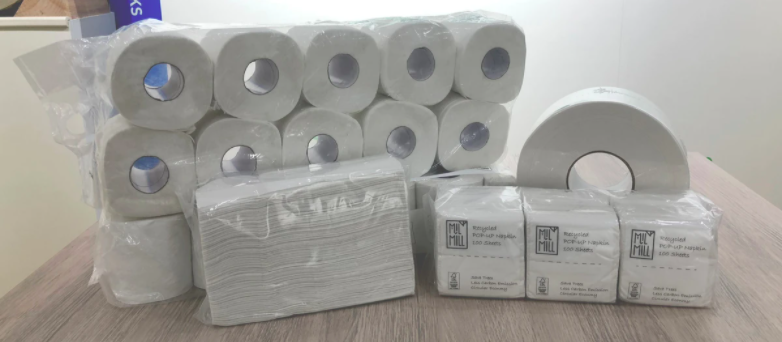
In comparison to the traditional wood-pulp, using a ton of recycled pulp helps prevent 24 trees being cut down and decreases 37% of release of carbon dioxide and 39% of disposable waste.
“We hope that not only recycling paper can reduce the burden on the environment, it will also strengthen the recycling industry chain in Hong Kong.”
The Founder of Mil Mill
Harold Yip
Reference:
Edb.gov.hk. 2020. 本港食物供應的常見問題. [online] Available at: <https://bit.ly/3obAM1P> [Accessed 21 October 2020].
K11musea.com. 2020. Nature Discovery Park | K11 MUSEA. [online] Available at: <https://bit.ly/2TqXK7j> [Accessed 21 October 2020].
MilMill. 2020. Milmill. [online] Available at: <https://bit.ly/3dIqwJQ> [Accessed 21 October 2020].
Rooftoprepublic.com. 2020. [online] Available at: <https://www.rooftoprepublic.com/> [Accessed 21 October 2020].
The Official Microsoft Blog. 2020. Microsoft Will Be Carbon Negative By 2030 – The Official Microsoft Blog. [online] Available at: <https://bit.ly/37sN6os> [Accessed 21 October 2020].
Settlement, S., 2020. Green Little. [online] Green Little. Available at: <https://bit.ly/3kj8NuY> [Accessed 21 October 2020].
Yuwing.com. 2020. 歐羅有機農場. [online] Available at: <https://bit.ly/3jqzoFj> [Accessed 21 October 2020].
【ABOUT ECHOASIA BUSINESS SUSTAINABILITY SERIES】
We’re Asia-Pacific’s most innovative digital communications agency focused on promoting and supporting a low-carbon lifestyle for the well-being of the people, community, and the environment, by offering meaningful digital, social, branding and Sustainabilitycommunications solutions to corporates across Asia-Pacific. Through this Business Sustainability series of “3-minute readings”, we here to bring you an in-depth analysis and overview about business sustainability development in Hong Kong.
| Follow us for more related information Facebook: ECHO ASIA LinkedIn: linkedin.com/company/echo-asia-communications-ltd |
